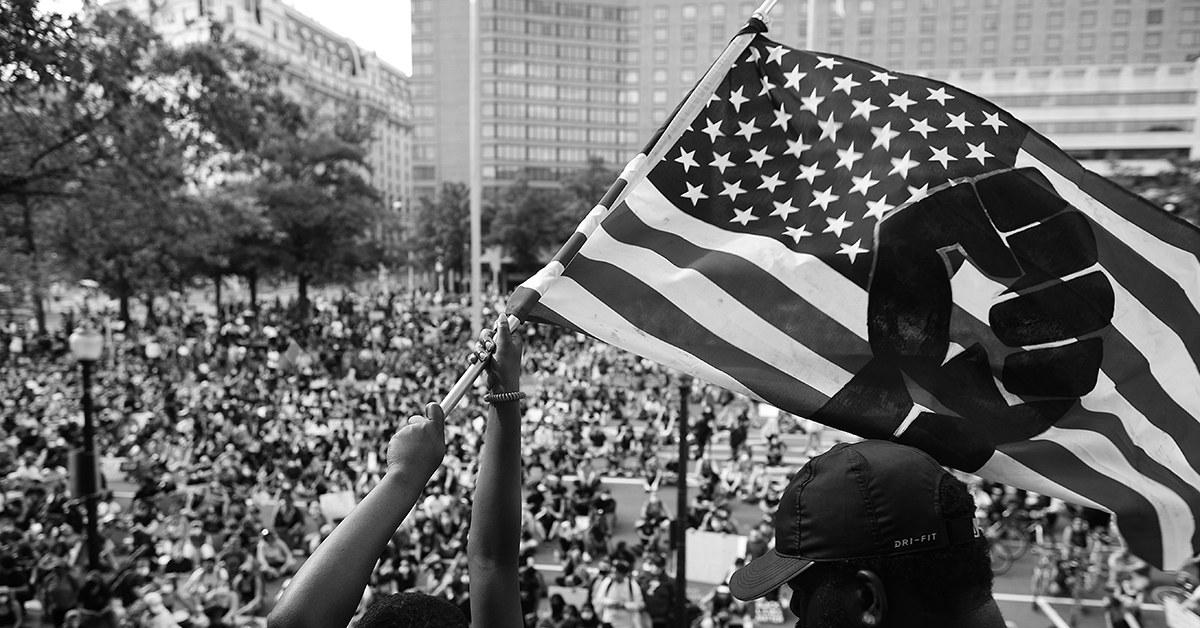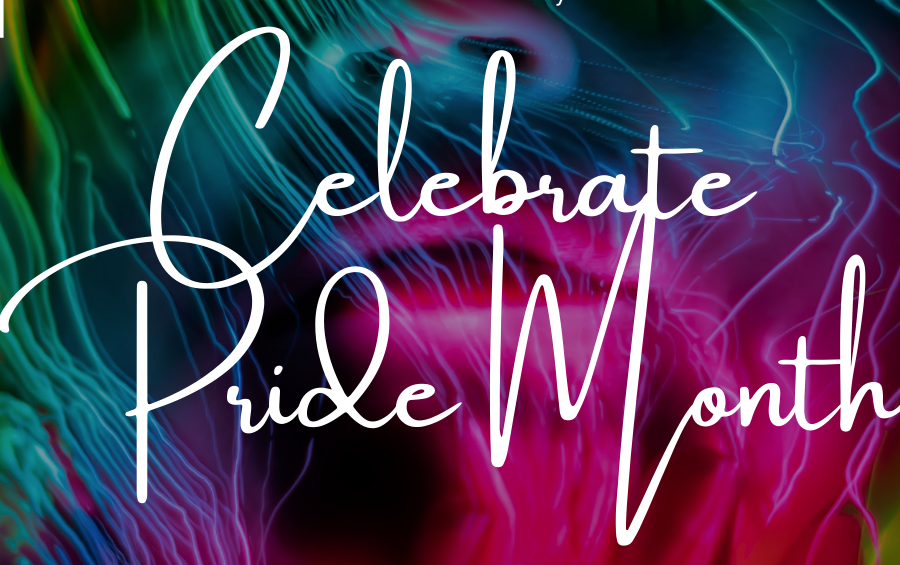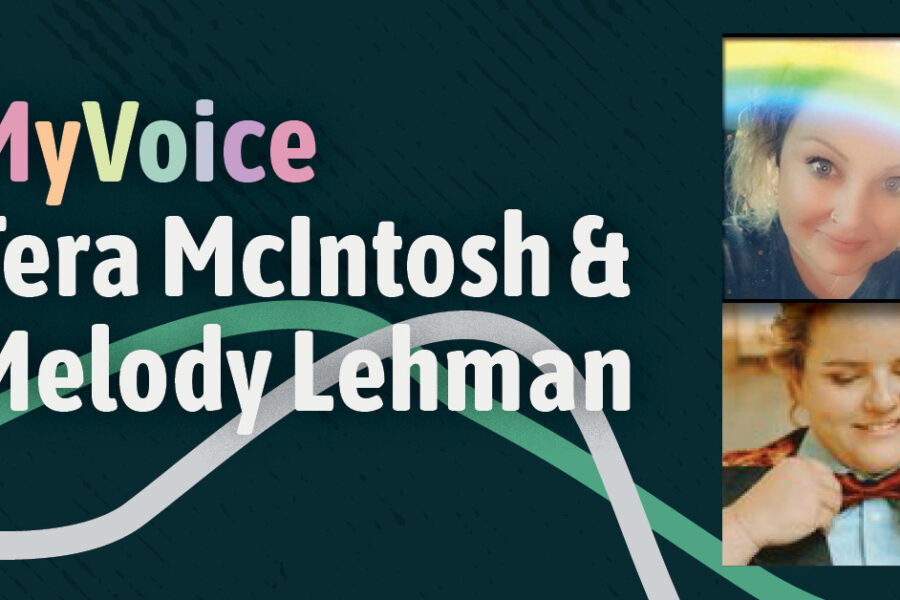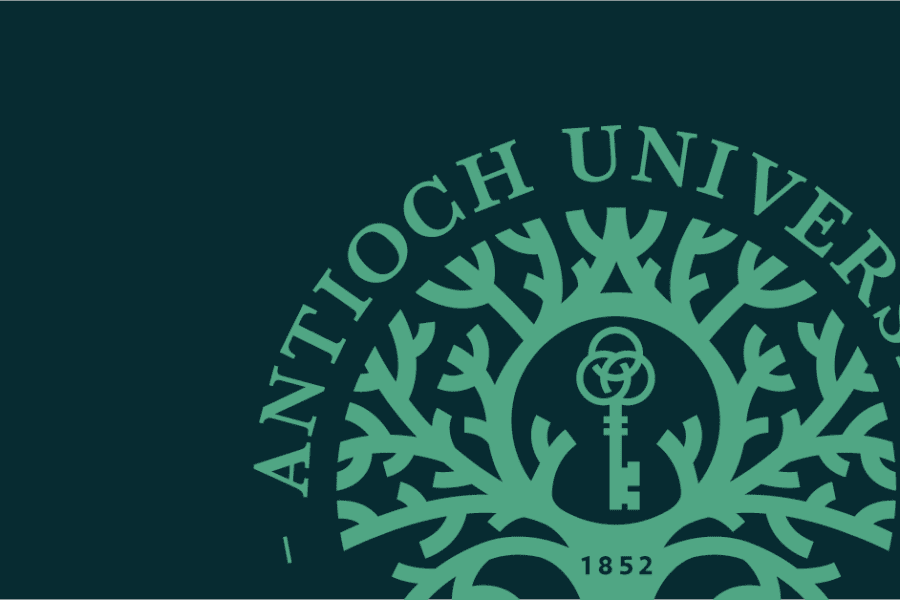Monday, the United States observes Juneteenth and commemorates the anniversary of that day 157 years ago when news of the Emancipation Proclamation and the end of American slavery finally reached Galveston, Texas—one of the last frontiers of the American South. This day has long been celebrated, especially in Black communities, and it has come to be known to many as Black Independence Day. As of last year, it is finally a federal holiday—and an Antioch one as well.
I write today because I think the anniversary of Juneteenth provides a valuable opportunity for all of us to reflect on our institution’s role in the ongoing struggle to make our society one that is truly democratic. I see Antioch as a key institution in this struggle—from the strident abolitionism of its founders to the key work being done by anti-racist reformers and activists across Antioch today. And when I think about the role that an institution such as ours can play in preserving and strengthening our democracy today, this promotion and exploration of the values and projects, and possibilities of social justice is key. As much as Antioch can be a vehicle towards justice for our Black brothers and sisters, this is central to our institutional mission. Because, as Martin Luther King, Jr. said in his 1967 commencement address to graduating Antiochians, “Democracy can only be extended insofar as social justice exists and is being vigorously pursued.” And the corollary to that is equally true. We cannot achieve social justice without democracy.
What does it look like for an institution of higher education to vigorously pursue social justice? I could point to the many explicitly anti-racist efforts many of you are involved with all across Antioch, from the Antiracist Taskforce and Messy Conversations series to the ongoing pedagogical work of decolonizing curricula and the creation of specific programs like the EdD’s Antiracist and Multicultural Education specialization. And that work is deeply important, especially to a school like Antioch that has long been a pioneer and forerunner of progressive trends in education. Thank you all for this work, which points directly at some of our democracy’s most pressing problems.
It is not lost on me that, this year, Juneteenth falls in a month poignantly marked by the public hearings of the Select Committee to Investigate the January 6th Attack on the United States. It has been shocking to learn more about the plan to illegally disrupt the peaceful transfer of power and have the Vice President unilaterally install the loser in the 2020 election. As Federal Judge David O. Carter remarked in a recent court decision, the plans conceived by White House Counsel John Eastman and supported by then-President Donald Trump were nothing less than “a coup in search of a legal theory.” Had it worked, had Mike Pence caved to the immense pressure campaign, our American democracy would be on life support, if not dead. This was our country’s most serious constitutional crisis since the Civil War. And make no mistake, the plotters’ aim was to seize power to enshrine White rule. The plan was based on a Big Lie that the 2020 presidential election had been “stolen.” But the plotters’ argument for “fraud” was, essentially, that too many people legally voted, especially too many Black Americans, Latinx/Latine Americans, and other people of color. Since then, state legislatures across the country have passed hundreds of changes to election laws to make voting more difficult.
It is our civic duty to watch these hearings from this bipartisan committee and to hear the testimony of the fact witnesses, the vast majority of whom have been Republicans. This is not a partisan issue. This is an American issue. I implore each of you to record or stream these hearings and listen to the testimony. (Links are available on YouTube and multiple news websites; yesterday’s hearing can be found here.) It is imperative that we all stay engaged and look closely at events happening across our country. But that alone is not enough. On these topics, as on so many others, we also need to share knowledge with each other, build political momentum and power, and work in service to the forces of justice. We need to act.
It is the importance of action that I am most thinking about as we celebrate Juneteenth. I think that the greatest role Antioch—and truly any institution of higher education—can play in sustaining and strengthening our democracy is through educating our students to be engaged citizens, to be critical thinkers, and to do the best they can to advance democracy and social justice. I am proud to serve in an institution that is dedicated across our many schools and programs to finding students who are being underserved, who need retraining, who yearn to make a specific contribution to the world—and helping them accomplish those dreams through degree programs and our important certificate programs.
I am thinking here of the Bridge program in Los Angeles, which has served many hundreds of students who otherwise might not have been able to access university-level education to develop classroom skills and in many cases go on to further education. I’m thinking of our university’s long tradition of undergraduate education custom-tailored to adult students’ needs and experiences, which has led to innovative policies like helping ennoble and legitimize past work experience by turning it into college credit and enabling students to self-design degrees to study what they most care about. I’m thinking of our graduate programs, which empower educators and therapists and writers and scientists and businesspeople to thrive in their fields, but with the added framework of social justice—and to fill key roles in their communities.
There is nothing wrong with devoting one’s life—or even a university’s always-limited resources—to the study of matters of abstraction or high culture. Indeed, many of us at Antioch quite enjoy it when our work tilts into the realm of the empyrean. But I’m proud that our institution is for the most part deeply grounded in the world’s most pressing problems. As we say in our mission, we aim to empower our students “to lead meaningful lives and to advance social, economic, and environmental justice.” And as Dr. King said, it is only through the vigorous pursuit of justice that democracy can be extended.
So as we acknowledge, celebrate, and remember Juneteenth, I invite you to also meditate on the ways that we as the parts that make up the whole of Antioch University come together to pursue social justice. And I invite us also to think of how we might do better, work harder, and better fulfill our mandate. Only if we manage to carry this legacy forward will we rightfully join the ranks of those who have come before us in the valiant and ongoing struggle to secure and extend democracy and to finish the work of abolition and freedom.




